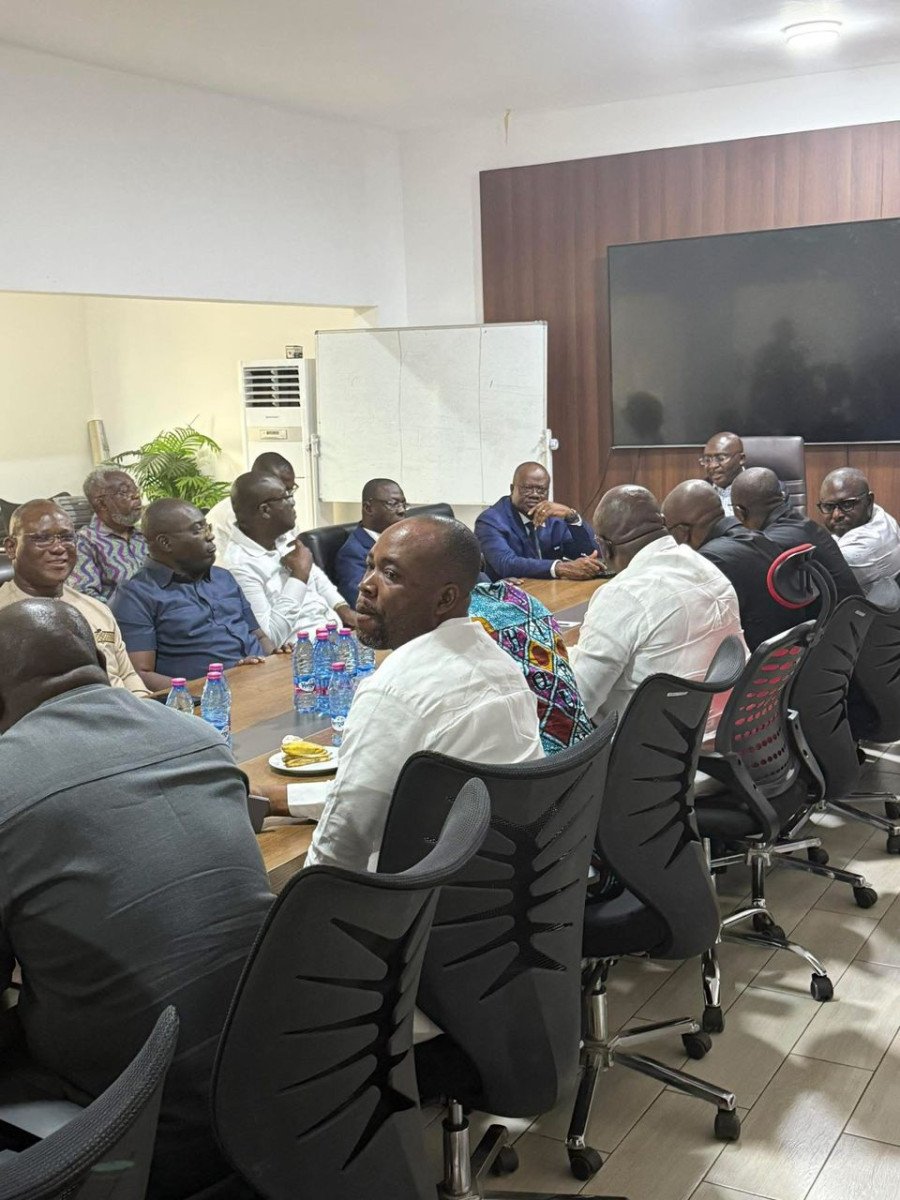Young voters in key election battlegrounds are being recommended fake AI-generated videos featuring party leaders, misinformation, and clips littered with abusive comments, the BBC has found.
With TikTok emerging as a new social media battleground in this election, the political parties have begun a war of memes on the app in a bid to reach its audience of young voters.
But a BBC project to investigate the content promoted by social media algorithms has found - alongside funny montages - young people on TikTok are being exposed to misleading and divisive content. It is being shared by everyone from students and political activists to comedians and anonymous bot-like accounts.
Videos which have racked up hundreds of thousands of views have promoted unfounded rumours that a major scandal prompted Rishi Sunak to call an early election and the baseless claim that Sir Keir Starmer was responsible for the failure to prosecute serial paedophile Jimmy Savile.
Satirical, fake AI-generated clips show Rishi Sunak declaring, “Please don’t vote us out, we would be proper gutted!” and making unevidenced claims about how the Conservative leader is spending public money - including how he will send his “mates loads of dosh”.
Watch: Marianna Spring explains the Undercover Voters project in 60 seconds
Other AI-generated videos share misleading claims about his national service pledge for 18-year-olds, suggesting young people would be sent to current war zones in Ukraine and Gaza.
Some of these are described as satire or parody in captions, but the comments suggest some users are confused about which claims are factual.
TikTok told the BBC it had increased its investment in countering misinformation for the UK general election, including adding a fact-checking expert to existing resources and employing AI-labelling technology.
The videos were spotted as part of the BBC's Undercover Voters project, which has created profiles for 24 fictional people on all the major social media sites, based on data and analysis by the National Centre for Social Research (Natcen).








